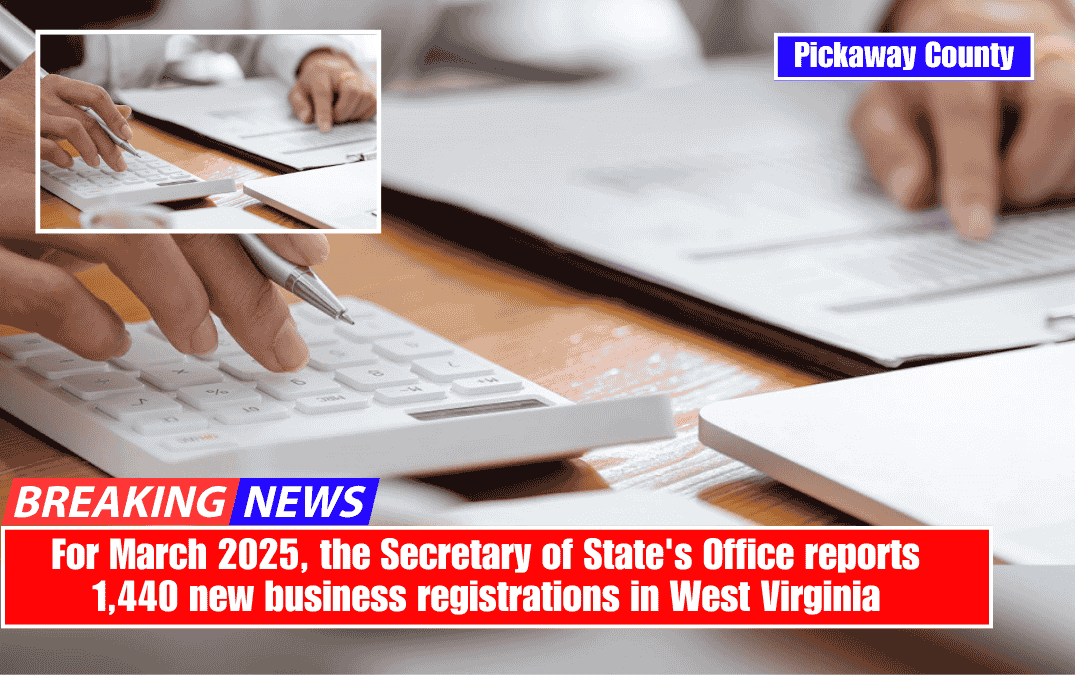As Superintendent Todd Alexander anticipates continued cuts in state funding for Wayne County Public Schools, he is constantly looking for cost savings.
So, when he discovered that he could supplement the school district’s power with solar panels and save millions of dollars in electricity costs with no upfront cost, he pursued it.
Wayne County Public Schools is expected to save approximately $6.5 million over the next 25 years.
Sen. Craig Hart, who represents a portion of Wayne County, introduced legislation during West Virginia’s legislative session that would prohibit other schools and government institutions from doing the same.
“If you’re not getting a better deal, I don’t see any reason for them to be in that contract,” Hart said at a March Senate Energy Committee hearing. “I don’t think a school is a good place to make a political statement about your utilities and whatnot.”
Sen. Scott Fuller, R-Wayne, also endorsed the legislation, claiming that supplemental power agreements do not benefit the coal and natural gas industries.
“It just seems to me that we are doing something that is counterproductive for the state of West Virginia,” Fuller remarked.
If schools are permitted to use green energy, “then we’re fighting ourselves,” Fuller explained.
A power purchase agreement exists between Wayne County schools and Solar Holler, a Wayne County-based solar company. The company pays to install solar panels on schools, and in exchange, the school system uses the generated power for less than it would cost from the utility.
Hart’s bill would have limited such agreements for any public entity, including schools, to five years with the option to renew.
Contracts typically last between six and twenty-five years. According to Heather Ransom, Solar Holler’s marketing and residential sales director, it will take some time for developers to fully recoup their investment in the agreement.
So a five-year contract limit “essentially eliminates” these agreements.
Power purchasers, such as Wayne County Schools, “didn’t have to foot the bill for any of the upfront costs.” Someone, though, did. So that’s on the developer’s side, and five years won’t be enough to finance it,” she said.
During the committee meeting last month, Hart, R-Mingo, stated that part of the inspiration for the bill stemmed from what he saw as excessive rate increases built into proposed contracts he had reviewed. He also stated that such long-term contracts may be risky because no one knows what electricity rates will be like in the future.
“A school could be entering into a 10, 20, however-many-year contract, and really be coming out the loser in the deal,” according to Hart.
However, in these agreements, yearly power rates are predetermined for the duration of the contract, ensuring some level of savings, Ransom said.
She also stated that, while the rates will increase over the term of the agreement, they will be lower than the average utility rate hike.
In Wayne County’s case, the school system is guaranteed at least a 3% savings each year under the contract. If that requirement is not met, the school system has the option to terminate the contract.
According to Ransom, the $6.5 million that the school system is expected to save on power bills will likely increase significantly as electricity rates rise.
During the March meeting, Sen. Ben Queen, R-Harrison, expressed concern about the school system in his district.
Calhoun County Schools was the first school district in the state to sign this type of agreement. The school system is expected to save more than $700,000 in power costs over the course of its 25-year contract with Secure Solar Futures.
“I can tell you, $740,000 is a lot of money in Calhoun County, even if it is over 25 years,” Queen said.
The legislation would also apply broadly to public entities. Sen. Glenn Jeffries, R-Putnam, asked if the bill could be narrowed to only include schools. He expressed concern about how it would affect the several municipalities in his district that have similar agreements.
While he said he could live with it, Hart questioned whether they could grandfather in all public entities except schools with existing contracts.
The bill passed out of the Senate Energy Committee and was sent to the Senate Rules Committee, where it remained until the legislative session ended.
Hart later stated in an interview that if the bill ever made it out of Senate Rules, he intended to amend it to limit its scope to school systems.
“We want to be conservative as we can be with the Board of Education’s money,” he informed me. “This can always be revisited another time, but we want to make sure that the schools are not taken advantage of.”
Alexander, the superintendent, anticipates reduced state funding for Wayne County schools in the coming years. School enrollment is decreasing in West Virginia and is expected to continue to decline over the next decade.
“We try to look at every avenue possible to save money,” according to him.
Schools in West Virginia benefit financially from solar energy. Politicians want to ban coal mining in order to save it. appeared first in Mountain State Spotlight, West Virginia’s civic newsroom.














